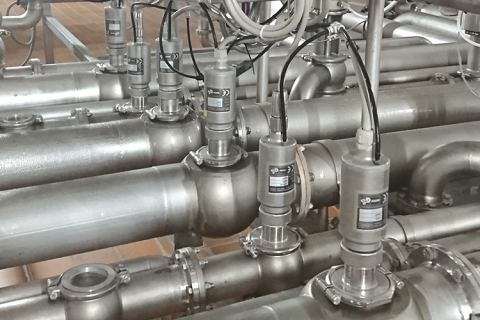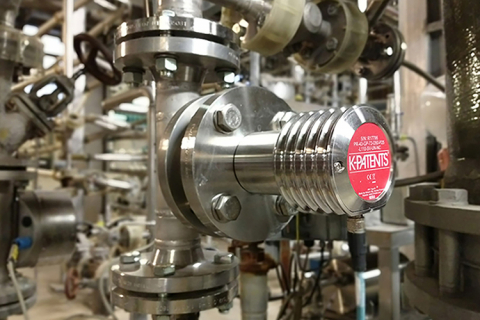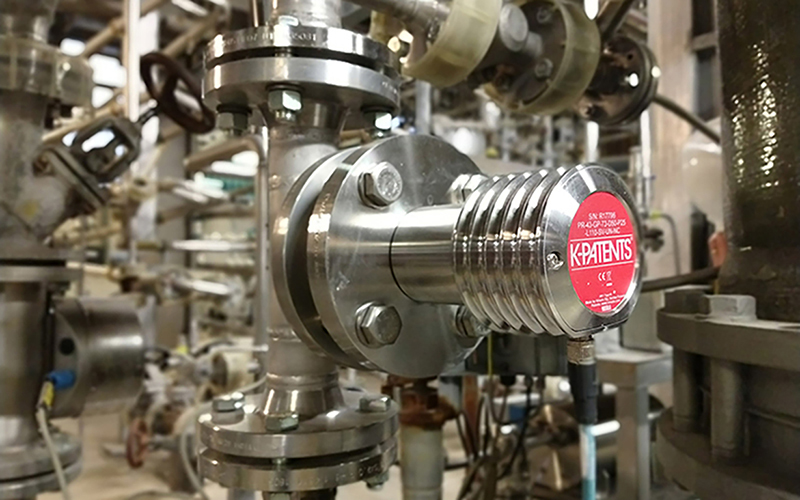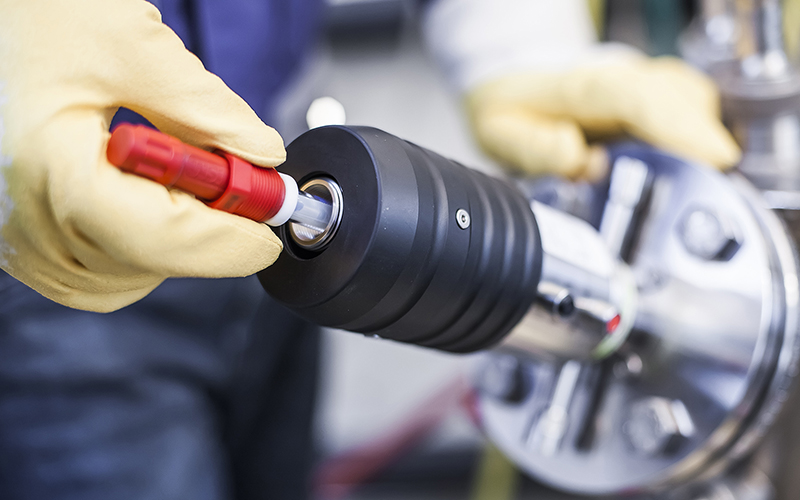Chemistry - Phase separation - Product flows
A common step in the entire production process is phase separation. A distinction is made here between two or more product types. For example, liquid/solid, organic/inorganic, oil/water, solvent 1/solvent 2, liquid/gas, etc.
Traffic regulator
When phase separation is complete, the product flow is pumped out to other parts of the plant, depending on the type of product. This can be a side stream, return to production or as a raw material for another process. Sometimes part of it has to go to waste (water) treatment. In any case, the different phases must be detected as quickly and correctly as possible. At worst, mistakes can have disastrous consequences. ELSCOLAB has various measurement and analysis techniques at its disposal in order to guide the product flows in the right direction.
Turbidity measurement
Distinguishes between liquids containing dissolved and undissolved substances (particles).
Refractometry
Each product has its own specific refractive index. An inline refractometer detects them flawlessly. These devices also directly measure product concentration. This can be particularly useful when the separation between two products is not always clear, but gradual.
UV/VIS spectrometry
This technique is used to differentiate on the basis of the spectrum or, for example, to distinguish between organic and inorganic products.
Conductivity measurement
Easily distinguishes between conductive and non-conductive liquids such as salts and pure water or water/organic phase.
pH measurement
If the different phases have different acidity levels, this is the appropriate method.
More informtion?






